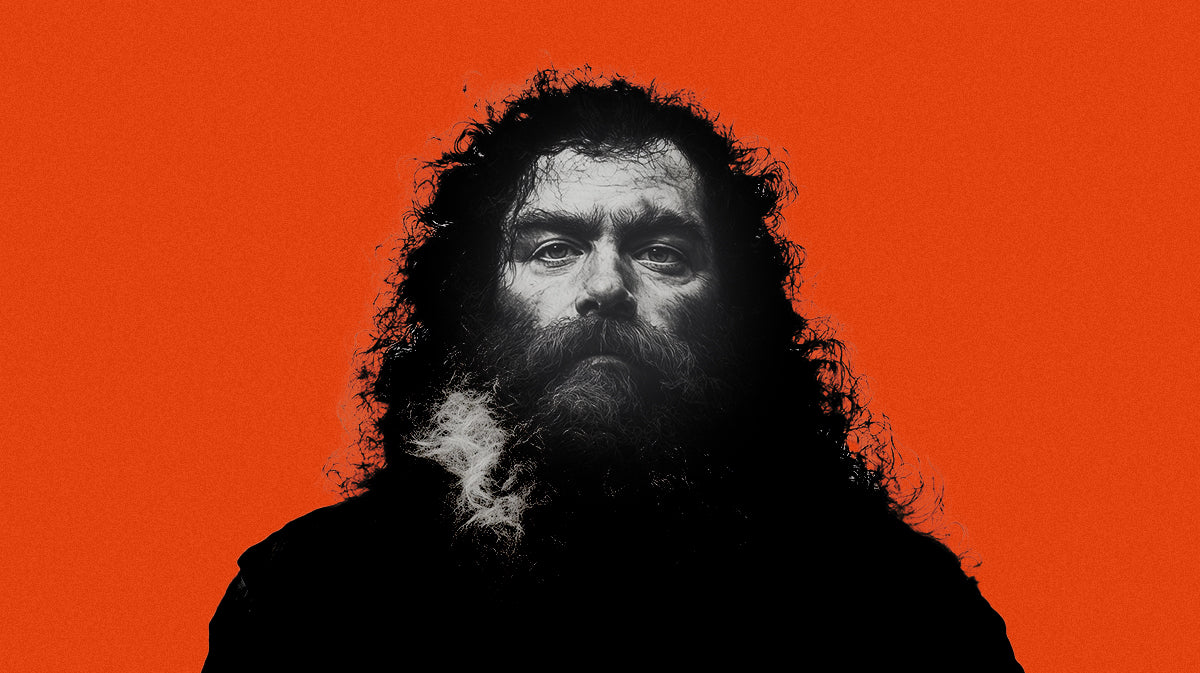Back in 1972 Burt Reynolds posed nude for Cosmopolitan. With a draped hand discreetly covering his privates, two things about the image are particularly striking: Reynolds was so hairy that he and the rug he lay on blended into each other. The second? That today, according to a survey by the market research company Mintel, 46% of men now remove at least some hair from their bodies, not counting their face. And it gets stranger the younger you are: some 57% of under 24-year-old men remove at least some of their public hair; 42% remove their underarm hair. We are, it seems, at the end of a follicular golden age.
It was, perhaps, a long time coming. Male models have been hairless ever since Mark Wahlberg posed for Calvin Klein back in 1992. Younger generations’ gym-bunny emphasis on physique over actual fitness means that, much as champion bodybuilders take to the razor in order to better show off their musculature, so they go the way of all Love Island types in being hairless too. Some have claimed that the influence of two of the world’s biggest entertainment platforms, sport and pornography - Ronaldo and Lewandowski meets the well-hung but baby-smooth - have also popularised the idea that cutting back is better.
Certainly it seems that body hair is no longer directly associated with masculinity - compare and contrast Sean Connery-era Bond with that of Daniel Craig. But it’s worse than that. According to the study, having body hair - hairfulness? - is increasingly associated by the young with a lack of hygiene. Actually, body hair plays a part in regulating not just our temperature and, through odour, our sexual attractiveness, but also our skin’s ability to repair itself. Yet it seems hair has been co-opted as the latest expression of the ickiness felt about the human body.
That’s an ickiness that’s never really had much logic to it: a 2021 YouGov poll found that a third of men think a “somewhat hairy chest” can look OK but that nearly two-thirds of them think back hair cannot. Even hairy shoulders are suspect. Hairy legs? OK? Hairy hands - not so sure. Psychologists have argued that one reason we may seek to manage our body hair is so that there’s a clear distinction between us and animals. What do we call a particularly hairy man? A gorilla. Another survey says that 55% of men are embarrassed by what they perceive to be their excess body hair with a third of them, as a result, never going swimming.
Of course, there’s another reason why we’re being encouraged to tame our body locks: it sells lots and lots of products we didn’t previously need. Women went through this unholy combination of commerce and dilapidation more than a century ago: when, in 1915, Gillette created the Milady Decollete, the first safety razor targeted at women, it came with an advertising campaign positing underarm hair as suddenly being “unsightly”, “embarrassing” and “objectionable”.
Change came slowly - there is, to modern eyes, a baffling 1955 shot of Sophia Loren, then considered one of the most beautiful women in the world, her armpit forests in full leaf. But by 1964, 98% of American women shaved their legs. Subsequent decades have seen the building of an entire industry devoted to body hair removal by waxing, sugaring, creaming, lasering, bleaching any other means necessary. Expect the same to be heading your way.
In fact, it already is. Alongside various dedicated electric trimmers there are now the likes of ‘groin exfoliants’ to, for example, gently remove hair from your testicles. “My hypothesis is that men have always paid some attention to their body hair but have been too shy to talk about it, but that now there’s more tolerance of the idea of grooming beyond the face,” reckons Paul Tran, founder of Manscaped, one of the biggest names in this new sector. But, he adds ominously, “I think there’s always a chance that this kind of male body hair grooming becomes obligatory for men.”
Perhaps the rebellion should start now. It’s a brave - or revolutionary - woman today who insists on letting her body hair grow as nature intended. Horrendously, when, in 2017, Adidas ran a social media campaign featuring a female model with leg hair, she received rape threats. Men are very unlikely to face that kind of pressure to scrape and shave every square inch of their bodies. As Virginia Braun, professor of psychology at the University of Auckland - and someone who has looked into this issue - puts it: “Body hair is always [at least] available as part of masculinity in the way it’s not part of femininity. I think that’s the fundamental difference. We haven’t, yet, seen a response of disgust to male body hair as we have to women’s.”
But we will only have ourselves to blame if, in years to come, women start to find hair on men unattractive. A 2021 research paper by Ligia Azevedo at Brandeis University, US, found that a whopping 95.2% of her male subjects rated a photo of a woman without body hair as “significantly more attractive” than the same one with some body hair. Even if - whisper it - that’s the result of our being encouraged to sexualise the pre-pubescent body.
Indeed, the way we think about hair seems to be entirely topsy-turvy. Men tend not to like hair on women because they equate it with masculinity - yet at the same time are increasingly removing that indicator of masculinity from their own bodies. Well, make your mind up. It’s bewildering. As the actor Jim Carrey said on a chat show a while back, “The question is not why my beard is so big, but why I am still shaving my balls”.

